Prince Harry recently opened up about his journey with post-traumatic stress disorder following the loss of his mother, Princess Diana. In a candid discussion, he revealed his exploration of a groundbreaking therapy that helped him.
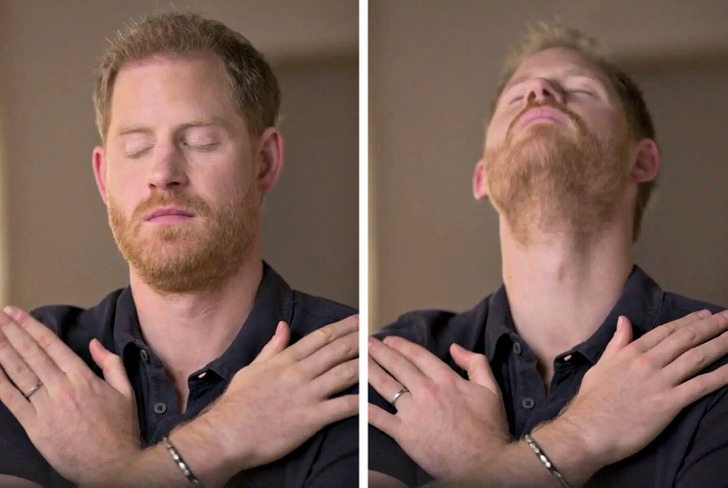
The therapy is called eye movement desensitization and reprocessing (EMDR) to address the debilitating effects of his anxiety attacks. This revelation offers a glimpse into the royal’s personal struggles and his proactive approach towards mental health care, shedding light on the significance of seeking innovative treatments of traumas.
In a video, Prince Harry can be seen undergoing EMDR therapy, where he taps his shoulders and moves his eyes rapidly. This therapy is relatively new and is used to treat PTSD. Prince Harry shared that he decided to try EMDR to deal with severe anxiety attacks he was experiencing.
Prince Harry mentioned that he was open to trying EMDR because of the therapy and work he had done over the years.
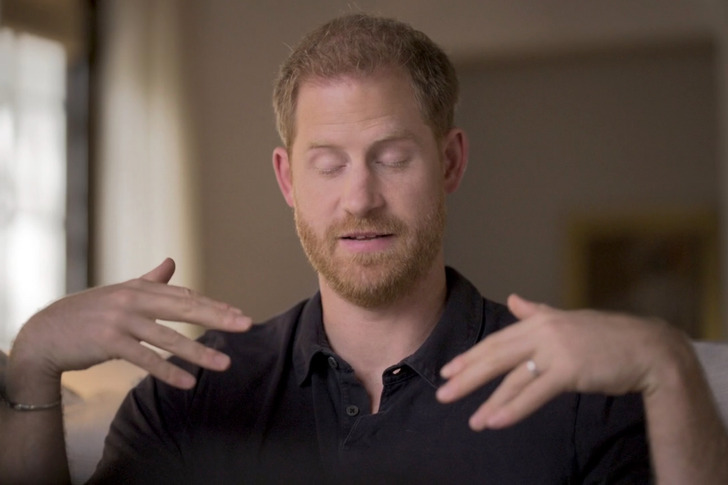
During a therapy session with UK-based psychotherapist Sanja Oakley, Prince Harry demonstrated how EMDR helped him feel better about returning home. He described feeling scared and helpless before, but the therapy helped him cope with those feelings.
Prince Harry’s openness about his experience with EMDR therapy sheds light on alternative treatments for post-traumatic disorder and mental health struggles. It shows that seeking help and trying different therapies can make a difference in managing mental health conditions.
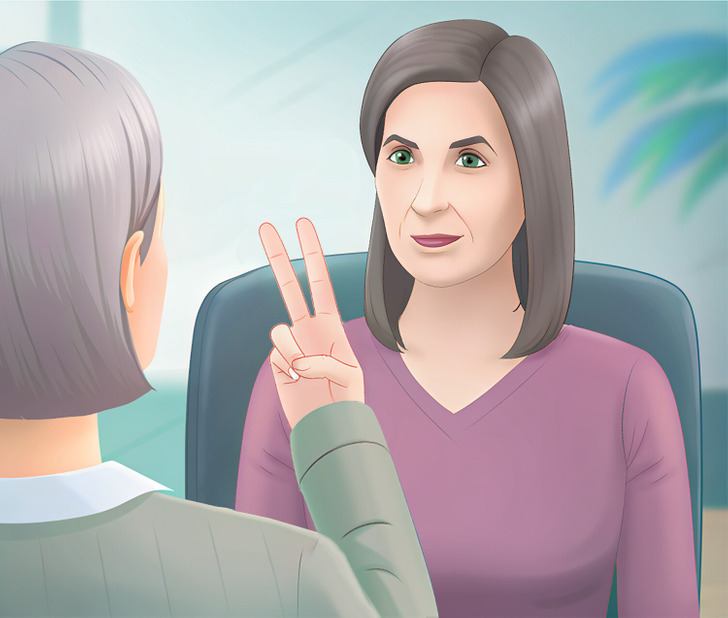
EMDR is a therapy made in 1987 to help with emotional traumas. It’s a structured therapy where you think about a tough memory while moving your eyes back and forth. This helps lessen the strong feelings tied to the memory.
EMDR works on a theory called Adaptive Information Processing (AIP). It says that trauma sticks around because it hasn’t been dealt with properly. So, when something reminds you of the trauma, those memories can come back strongly.
Unlike other therapies that try to lessen your reaction to trauma, EMDR tries to change how your brain stores those tough memories. Sometimes, instead of eye movements, you might listen to alternating tones. Usually, EMDR happens once or twice a week for about six to 12 sessions. But it can vary depending on the person.
Benefits of EMDR therapy
- EMDR is a structured therapy and usually needs fewer sessions than ongoing therapies.
- You don’t have to keep going back to the tough memory for a long time.
- You don’t have to talk a lot about what happened to you.
- There’s no homework to do.
- EMDR doesn’t try to change your thoughts and beliefs.
Disadvantages of EMDR therapy
- While EMDR is known to help with PTSD, it hasn’t been studied as much for other mood or mental health problems.
- If you’re avoiding talking about a tough event, EMDR might not be the best choice. Other types of talk therapy might work better.
- EMDR can sometimes make you feel worse at the start of treatment. The person who created EMDR warns that this could be dangerous for people who have gone through really tough things.
The process of EMDR
EMDR is a structured process with eight phases, each aimed at helping you deal with traumatic memories:
- History taking: Discuss your past with the therapist to identify which memories to focus on.
- Preparation: Learn about EMDR and how the therapist will use bilateral stimulation.
- Assessment: Identify your negative and positive beliefs related to the trauma.
- Desensitization: Use bilateral stimulation while recalling the memory.
- Installation: Focus on positive beliefs while processing the memory.
- Body scan: Talk about how you feel emotionally and physically.
- Closure: Prepare for what may happen between sessions.
- Reevaluation: Assess your progress and decide if more sessions are needed.
As you go through EMDR, you may start feeling less overwhelmed by the trauma. It’s normal for other painful memories to surface, indicating that suppressed memories are being processed.
When grappling with deep emotional traumas, it’s crucial to seek out specialists who can provide the appropriate form of treatment tailored to your needs. Whether it’s EMDR therapy or other therapeutic approaches, finding the right professional can make a significant difference in your healing journey.
Preview photo credit Good Morning America / YouTube
Barbara Eden, a cherished Hollywood legend, continues to defy the passage of time and embrace life with a vibrant spirit

At 93 years old, Barbara Eden continues to radiate beauty and charm, bringing joy to everyone who sees her. Her timeless elegance is reminiscent of her iconic role as the enchanting genie in “I Dream of Jeannie,” and her latest photos show her stunning looks as if no time has passed.
Born Barbara Jean Morehead on August 23, 1931, Barbara Eden began her career in entertainment with a background in church choir and band performances before carving out a niche for herself in both singing and acting. Her natural beauty was recognized early on when she was crowned Miss San Francisco in 1951.

Eden’s television career began with her appearance on The Johnny Carson Show in 1955, followed by a series of roles in various series and films. Her role as the quirky ghost in “I Dream of Jeannie” remains her most celebrated and captivating role with audiences for five years.
On her recent birthday, Barbara Eden’s official Instagram account delighted fans with a stunning photo of the actress, proving she’s still as radiant as ever. The post celebrated her lasting legacy with a heartfelt message: “Happy Birthday to our beloved Blonde, the Wild Surf Rider, the Voyager to the Bottom of the Sea, the Enemy of the Harper Valley PTA, and of course, the Timeless Lady in the Bottle!”
In 1988, Barbara Eden was honored with a star on the Hollywood Walk of Fame, recognizing her significant contribution to television. Her memoir, “Jeannie Out of the Bottle,” published in 2011, offers an intimate look at her early life, rise to fame, personal milestones, and the tragic loss of her son.
Despite reaching the age of 93, Barbara Eden remains undaunted by the passage of time. She views each birthday as just another day and expresses gratitude for her continued vitality. In a recent interview with the Hollywood Reporter, she emphasized her excitement to return to work, sharing that she was actively working up until the pandemic shutdown in March.

Barbara remains deeply engaged in the entertainment industry, appreciating the evolving landscape with new opportunities from streaming platforms like Netflix and Amazon. Reflecting on her career, she expressed her enthusiasm for having been part of a transformative era in show business.
Maintaining a youthful spirit, Barbara Eden continues to lead an active life. While she once frequented the gym and spin classes, she now enjoys personalized training sessions at home. She also remains socially active, delighting fans with her vibrant presence at events.
At a recent Beverly Hills red carpet event, Barbara captivated onlookers with her ageless appearance. Dressed in a navy satin blouse, black leggings, and complemented by elegant black and silver jewelry and high-heeled shoes, she looked every bit as glamorous as ever.
In an interview with Page 6, Barbara revealed some of the secrets behind her youthful look, including her focus on a balanced diet. She enjoys a variety of foods, particularly meats like steak, and appreciates the joy her work continues to bring.
Barbara Eden’s enduring beauty and vitality are truly remarkable, a testament to her positive outlook and vibrant lifestyle. Feel free to share this article with friends and family on Facebook to celebrate Barbara Eden’s incredible presence!
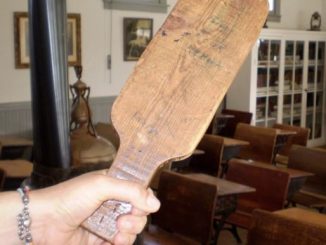
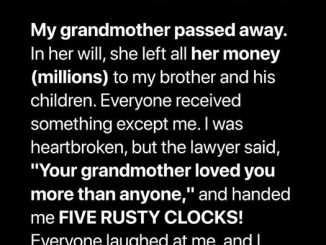
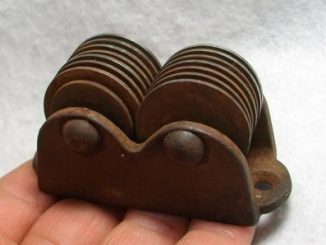
Leave a Reply